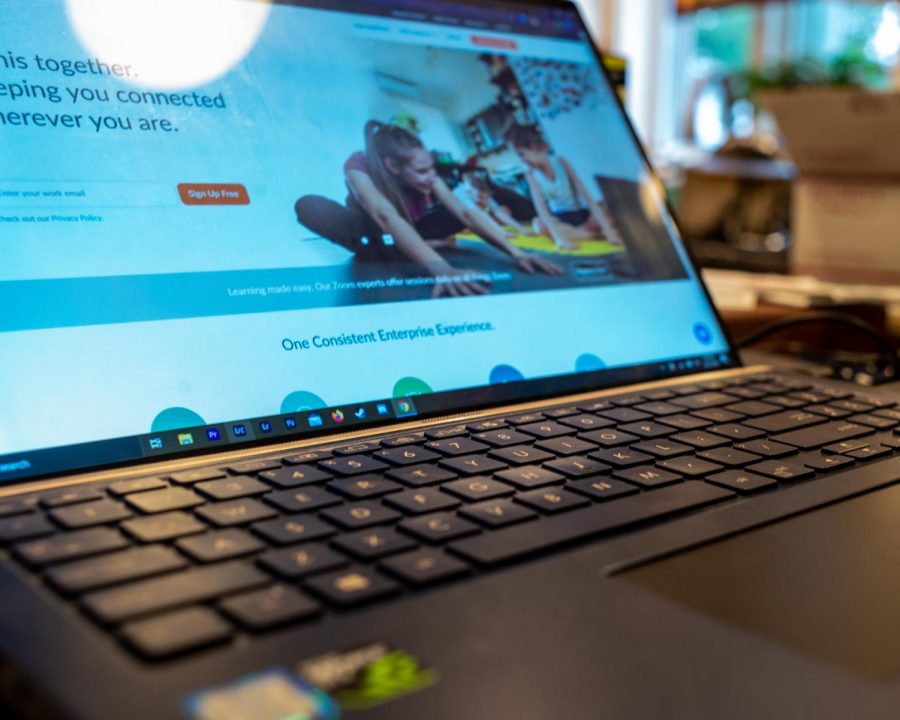As I write this, students gather in front of the campus library to march in solidarity with the growing movement stemming from Occupy Wall Street.
Occupy Wall Street, along with its brother occupations around the country, is a response to numerous social, political and economic issues gripping America, including the growing disparity in income, the thievery committed by the privileged and the damning social side effects of economic imbalance. While focusing especially on economics, Occupy also serves to voice concern about human rights, social justice and the current state of American democracy.
Income disparity in the United States today is comparable to that found in Côte d’Ivoire and Jamacia. While the richest 1 percent of Americans possess more than 40 percent of the nation’s worth, the bottom 80 percent of people controls just 15 percent; the top percentile controls about 72 percent of the wealth. Meanwhile, about 22 percent of all American children live in poverty, the U.S. is just the 14th smartest nation in the world, and women still earn less than men.
This chasm between the privileged and penniless has political implications we can feel. Because of the Supreme Court’s recent decision in Citizens United vs. Federal Election Commission, which eliminated limits on political donations made by businesses, the gap dramatically alters politics. Money buys elections. The rich have duplicate democratic rights. A wealthy individual can donate money to a campaign in his name, return to his office, cut a check under the guise of his business, and see his candidate of choice gain more public recognition. These candidates are more likely to win the election, and therefore represent the interests of the people who keep them in office.
The affairs of the affluent carry double the weight in our pseudo-democracy. People involved in the Occupy movement understand and want to address this.
The faction so far has been labeled as progressive, as it appears to criticize free enterprise and support greater equality. Fox News commentator Bill O’Reilly called it a movement toward a “Socialist nirvana.” Occupy was brought about by the left, but aims to include people of all persuasions – all Americans under the banner of “the 99 percent.” On Saturday, the New York chapter issued a list of general economic, social and political grievances, but left room for growth when it encouraged “people of the world” to “create a process to address the problems we face, and generate solutions accessible to everyone.”
Occupy is democratic in nature. There is no hierarchy and there are no leaders. Attendees of the ongoing demonstration work cooperatively to maintain good media relations, orderly camps and civil, nonviolent marches. The U.S. espouses pride in its democracy; it fights wars in the name of this idea. In what way could such a demonstration be subversive?
At Occupy Boston last weekend, a man leading a rally named it a movement of the “younger and older, working and jobless, able and differently-abled, pious [and] godless, gay, straight, [and] trans, black, Latino, Arab, Asian, [and] white, to build a new community with liberty and justice for all.”
This is just what Occupy Wall Street is: an inclusive group of reformers who grasp the depth of the issues America faces and are fed up with not having their voices heard because of this great distortion in economics and politics. They are democrats (with a lowercase “d”) with justifiable concern for the well-being of America as a community.
Read about it. Join the movement. Think about the issues. Occupy Wall Street is growing quickly, and with good reason.
Brian Clement is a Collegian columnist. He can be reached at [email protected].






